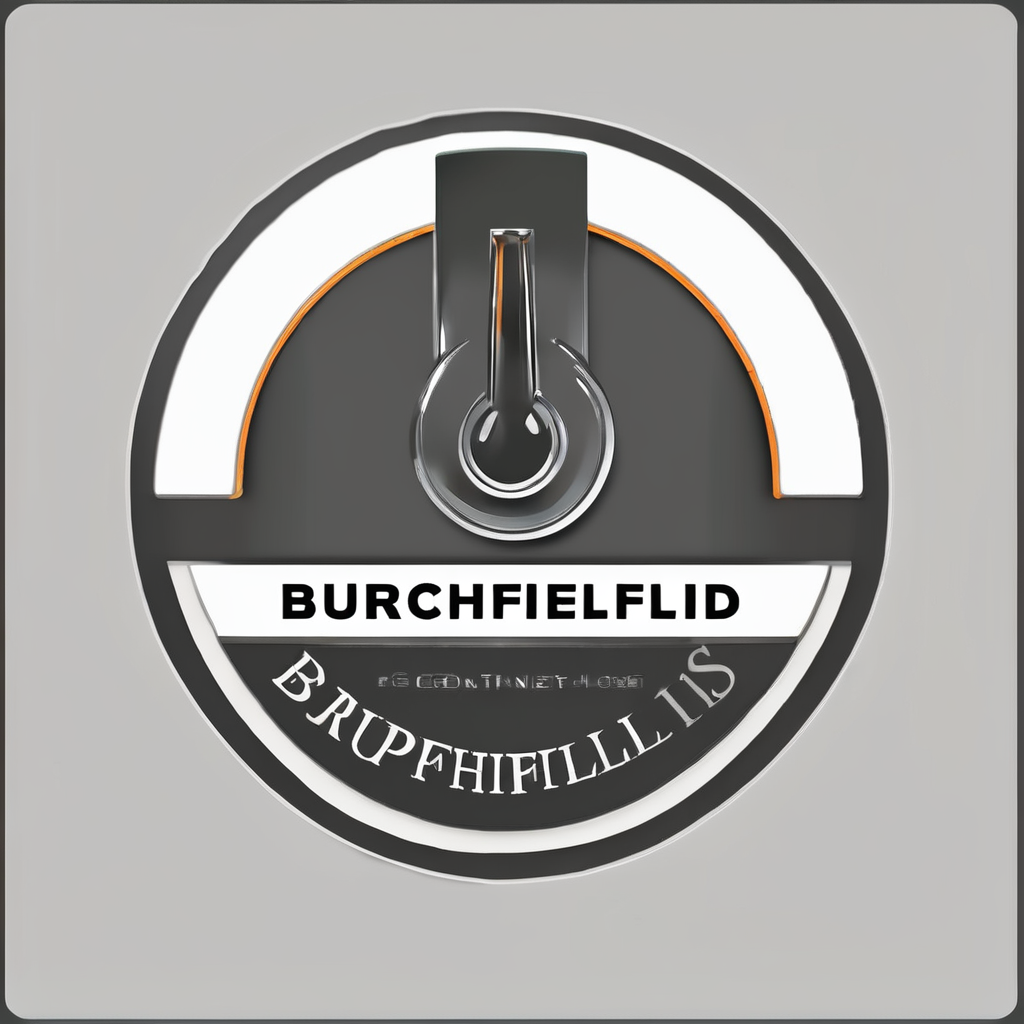Understanding SIVEP Calais unlocks efficient transit for horses at the vital Calais port. It ensures all animals meet stringent EU health checks through precise documentation and mandatory appointments. Navigating this system prevents delays, safeguards animal welfare, and complies with regulations. Mastering these requirements transforms complex border controls into a seamless experience for every transporter.
Essential SIVEP Calais Procedures for Animal and Cargo Transit
The Role of SIVEP Calais in Border Controls
For freight operators dealing with seafood, live animals, or plants, it is vital to opt for the efficient sivep calais service to ensure all regulatory requirements are met at entry into the EU. The SIVEP (Veterinary and Phytosanitary Inspection Service) at Calais acts as the main checkpoint where all vehicles transporting SPS goods pass through strict inspections before gaining access to the European market. The process revolves around three main checks: documentary inspections (verifying sanitary and phytosanitary certificates and shipping documents), identity confirmations (mandatory for live animals, risk-based for others), and physical evaluations often with temperature controls, sampling, and visual inspections.
Also to see : Discover cutting-edge approaches to boost uk business services
Procedures for Live Animals and High-Risk Goods
When transporting live animals, prior identification through the EU’s TRACE NT system and a valid Sanitary Certificate are not optional—they are preconditions for legal passage. Each shipment must have a designated appointment at the Calais animal station, with requirements differing by species (e.g., one per horse, batch, or cage). Rigorous checks are carried out systematically for animal welfare and disease control.
Customs Status and Operational Guidance
After disembarkation, drivers receive an ‘orange SIVEP’ status, indicating that customs and sanitary checks must be completed before continuing. Coordination with customs brokers and adherence to Eurotunnel customs rules and regulations accelerate clearance, while CDS (Centre Douane SIVEP) provides support directly at the terminal. Efficient scheduling and compliance transform complex border crossings into predictable routines.
Also read : Unlocking innovation: how uk business services can drive transformative growth
Step-by-Step Guidance for SIVEP and Customs Inspections
Pre-travel documentation and certificates: what to prepare before entering Calais
Begin by assembling all customs declaration forms, health certificates, and essential transport documents before departing. For live animals, ensure registration in the EU system TRACE NT, and possess export sanitary certificates. The customs declaration process eurotunnel demands precise paperwork, matching vehicle registrations and goods descriptions to satisfy customs compliance for carriers eurotunnel. Missing or incomplete documents significantly delay processing at the SIVEP checkpoint.
Mandatory appointment scheduling for live animal and special cargo checks
Live animals and controlled SPS consignments require pre-booked appointments at the SIVEP animal station, with slots available Monday to Friday, 8:00 AM to 5:30 PM. The customs booking process calais stipulates one booking per vehicle or batch (e.g., for horses or domestic animals). Confirm your eurotunnel sps controls reservation and keep confirmation details ready on arrival, as this is critical for timely border processing.
Customs status indicators, inspection lanes, and how to navigate inspection procedures at SIVEP
Upon arrival, the customs inspection criteria eurotunnel will be evaluated. Orange SIVEP status signals the need to complete further checks, while green usually means swift passage. Drivers must look for eurotunnel border pass system signs and use designated lanes, as instructed by customs staff, ensuring seamless progression through each inspection phase.
Location, Contact, and Operational Details for SIVEP and Calais Port
Address, opening hours, and contact information for SIVEP Calais and customs office
The calais customs office codes identify specific customs points for documentation. The main customs office and SIVEP facility at Calais port operate Monday through Friday from 8:00 AM to 5:30 PM. For after-hours support, the Eurotunnel Border Service team provides continuous assistance with customs procedures. The customs office telephone calais is available for real-time guidance on customs declaration process eurotunnel, SPS controls, and coordinating formalities.
Map and access instructions for the animal station and Centre Douane SIVEP (CDS) facilities
Clear eurotunnel calais directions and customs signage direct drivers to the animal station and CDS. These customs checkpoints calais port ensure all vehicles carrying SPS-regulated goods stop for documentary, identity, and physical checks. Access to the SIVEP building and calais customs map and locations is distinctly marked within the Eurotunnel calais terminal info materials.
Direct contacts for coordination: customs broker, port staff, veterinary inspection teams
A dedicated customs broker coordinates the port customs clearance calais process, working side by side with port staff and veterinary inspection teams. For any freight customs processing calais, having direct contacts streamlines compliance and inspection requirements—crucial for timely transit through the border.
Best Practices and Compliance Tips for Seamless Border Crossing
Role of customs brokers, freight agents, and representatives (RDE) in ensuring compliance
Customs brokers at the Calais port assist with compliance checks eurotunnel calais and guide carriers through complex customs and border security calais. Their expertise covers export-import customs regulations calais, ensuring each step aligns with official standards. Representatives, such as RDE staff, facilitate customs clearing agents EU-UK border interactions, addressing customs documentation requirements eurotunnel and troubleshooting on-the-spot issues. By maintaining contact with customs broker contacts calais, freight operators ensure they receive up-to-date, case-specific guidance.
Maintaining documentation accuracy and advanced export-import procedures
Proper documentation is central to smooth crossings. Carriers and drivers must check all customs documentation requirements eurotunnel before arrival, including certificates, invoices, and delivery notes. Freight agents recommend registering live animals early in relevant EU systems and confirming details with customs broker contacts calais. When utilizing customs clearing agents EU-UK border, advanced preparation of export-import customs regulations calais paperwork helps avert last-minute complications.
Avoiding delays and responding to regulatory updates
To sidestep delays, always check for compliance checks eurotunnel calais before departure. Use customs-related travel tips calais and monitor customs and border security calais updates online. Many operators benefit from robust customs broker contacts calais, who quickly relay regulatory changes or new customs inspection procedures. Regularly review export-import customs regulations calais to ensure your documentation and transit plans are current.






